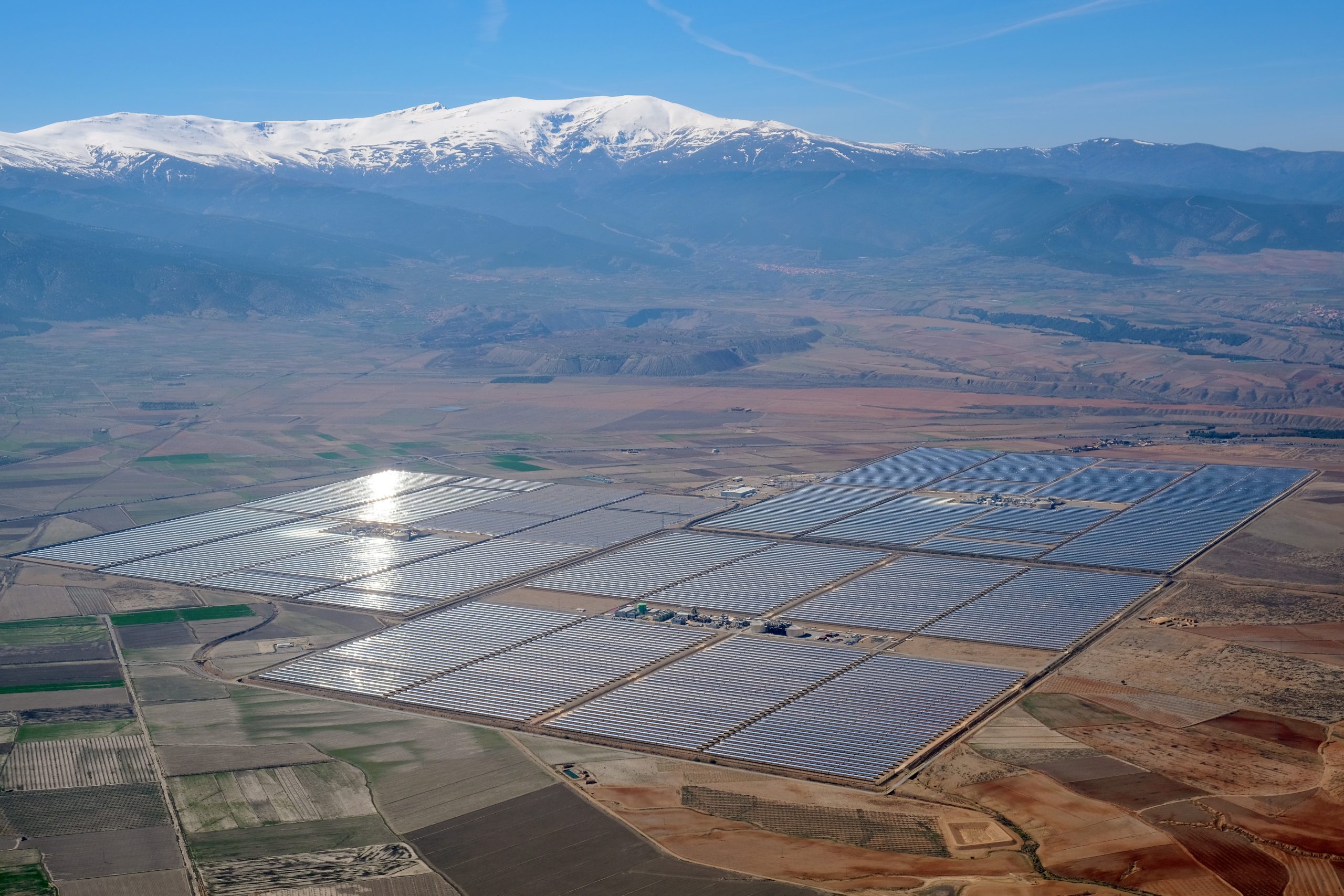Andalusia solar project standoff has drawn attention of many activists recently in Spain who claim the project to be oppressing farmers. The Spanish government states that it aims to generate at least 74% of its electricity from renewable sources by 2030, a 16% increase in five years. In order to achieve these goals, the country relies on huge solar parks, especially in the southern region of Andalusia. This has angered farmers – some of whom have been expropriated – and even some environmentalists.
Most of the farmers are against this energy revolution solar project in Spain claiming that even the compensation fees they will be receiving would not be equivalent as the returns they get from their olive plantations. The Spanish company that was awarded the contract, Capital Energy, claimed that their solar project was deemed to be of public benefit by the state and thus acquired permission to go on with the project. Furthermore, the mayor of Caniles, Maria Vazquez Sanchez has joined the farmers in fighting against this solar project and she stated that it would not go on as the expropriation plan was not quite substantial. This has apparently put the mayor and the company at a standoff.
Also read:Construction of two renewable energy projects in Spain begins
Moreover, in Spain if a solar project is less than a certain power capacity, then it is up to the regional and not the central government to approve it. Critics have further stated that this leads to insufficient scrutiny.This was concluded after the central government approved this project rather than the regional government and activists stated that this was as a result of individuals taking advantage of the loopholes in law.
Effects Andalusia Solar Project standoff in Spain Farms
Renewable energy power plants need vast land areas and grid access points for their construction. This means if many of these will be installed on agricultural land then crops will be replaced by solar panels and thus increasing rental costs drastically for farmers. Also high maintenance costs will be incurred in trying to keep the solar panels functional. Lastly there will be low crop produce as the farmers will be focusing on trying to retain their farms rather than farming.

